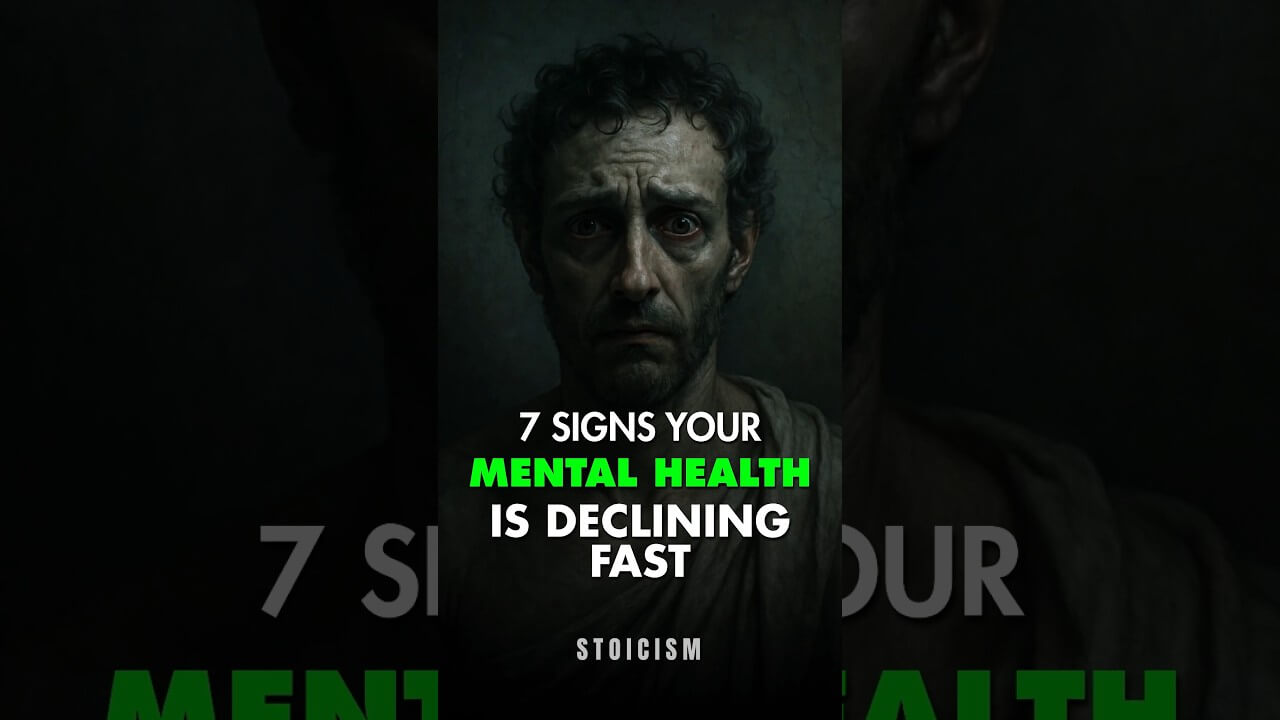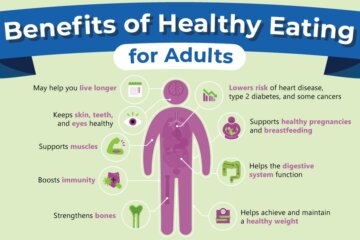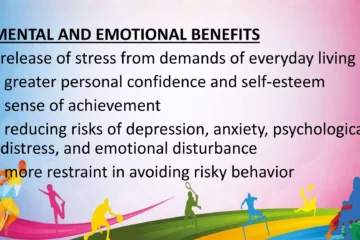Have you ever felt like something is off, but you can’t quite put your finger on it? Your mental health might be quietly slipping away, and you might not even realize it.
Recognizing the signs early can make a huge difference in how you feel and how you cope. You’ll discover clear, simple clues that your mental health is declining—and what you can do to take back control. Keep reading, because your well-being matters more than you think.
Mood Changes
Mood changes are one of the first signs of declining mental health. These changes affect how you feel daily and can impact your relationships and work. Recognizing mood changes early helps you take steps to feel better. Watch for shifts in your emotions that last longer than usual.
Persistent Sadness
Feeling sad every day is not normal. Persistent sadness lasts for weeks or months. It may affect your interest in activities you once enjoyed. This kind of sadness can make simple tasks feel hard. It can also cause tiredness and trouble sleeping.
Increased Irritability
You may find yourself getting angry quickly. Small problems might seem huge. This irritability can upset friends and family. It can also cause stress at work or school. Notice if you are more restless or impatient than before.
Mood Swings
Your mood may change suddenly without a clear reason. One moment you feel happy, the next moment sad or angry. These mood swings can confuse you and others. They may make it hard to focus or make decisions. Keep track if these changes happen often and affect your daily life.

Credit: www.brightpathbh.com
Behavioral Shifts
Behavioral shifts often signal changes in mental health. These shifts may appear as subtle changes in daily actions and habits. Paying attention to these changes helps identify mental health decline early. Behavioral changes affect how a person interacts with others and manages life tasks. Noticing these signs can lead to timely support and care.
Social Withdrawal
Pulling away from friends and family is a common sign. Avoiding social activities or gatherings more than usual can indicate trouble. People may stop answering calls or messages. This isolation can deepen feelings of loneliness and sadness.
Neglecting Responsibilities
Missing work, school, or important tasks often points to mental health issues. Daily chores like cleaning or cooking might be ignored. Forgetting appointments or deadlines becomes frequent. This neglect can harm personal and professional life.
Changes In Sleep Patterns
Sleeping too much or too little may signal distress. Trouble falling asleep or waking up often happens. Feeling tired despite sleeping can also be a warning. Sleep problems affect mood and energy levels greatly.
Cognitive Symptoms
Cognitive symptoms often signal that mental health is declining. These symptoms affect how you think, focus, and remember things. Recognizing them early helps in seeking support and care.
Changes in your thinking patterns can disrupt daily life. Tasks that were once easy may become challenging. Understanding these signs is important to protect your mental well-being.
Difficulty Concentrating
Difficulty concentrating means your mind feels foggy or distracted. You may find it hard to finish simple tasks. Even reading or watching a show can become tiring. This symptom can make work and school feel overwhelming.
Memory Problems
Memory problems include forgetting recent events or important information. You might lose track of appointments or misplace items often. These issues reduce confidence and increase frustration. Memory lapses can affect personal and professional life.
Negative Thought Patterns
Negative thought patterns involve constant self-criticism or worry. You may think in extremes, like everything is bad or hopeless. These thoughts can reduce motivation and happiness. Recognizing negative patterns helps in managing stress and anxiety.

Credit: www.youtube.com
Physical Signs
Physical signs often reveal changes in mental health before thoughts or emotions do. The body reacts to stress, anxiety, and depression in clear ways. Noticing these signs helps catch problems early. Pay attention to how your body feels daily. Small changes might signal a bigger issue.
Fatigue And Low Energy
Feeling tired all the time is a common sign. Even after a full night’s sleep, energy may stay low. Tasks that used to feel easy now seem hard. The body struggles to keep up with daily demands. This constant fatigue can affect mood and focus.
Unexplained Aches
Muscle pain or headaches might appear without any injury. The body holds stress in different places. These aches can come and go or stay for a long time. They do not always respond to usual treatments. Notice if pain increases during stressful days.
Changes In Appetite
Appetite may drop or increase suddenly. Some eat less and lose weight, others overeat. These changes affect energy and mood. The body signals distress through hunger patterns. Watching these shifts helps understand mental health better.
Emotional Indicators
Emotional indicators often reveal early signs of mental health decline. These feelings can affect daily life and overall well-being. Recognizing these signs helps in seeking support early. Emotions become harder to control, and small problems feel overwhelming. Understanding common emotional changes can guide you toward better mental health care.
Feelings Of Hopelessness
Hopelessness is a strong sign that mental health may be worsening. It feels like no solution exists for current problems. Simple tasks seem meaningless and future plans feel bleak. This feeling often comes with sadness and low energy. It signals a need to talk to someone trusted or a professional.
Increased Anxiety
Anxiety can increase without clear reasons during mental health decline. You may feel restless or tense most of the time. Your mind might race with worries or fears. Physical symptoms like a fast heartbeat or sweating can occur. Anxiety affects focus and sleep, making daily life harder.
Loss Of Interest In Activities
Losing interest in favorite activities shows emotional struggle. Things that once brought joy may feel boring or tiring. This loss can isolate you from friends and family. It may also lower motivation and energy levels. Recognizing this change is important for taking steps toward healing.
When To Seek Help
Knowing when to seek help for mental health is important. Mental health can change slowly or quickly. Sometimes, it is hard to tell if things are getting worse. Recognizing the right moment to get support can prevent bigger problems.
Recognizing Crisis Points
Crisis points are moments when feelings become too strong. You may feel very sad, anxious, or angry. Daily tasks might become too hard to do. Thoughts of hurting yourself or others need immediate attention. These signs show urgent need for help. Never ignore these feelings.
Talking To Professionals
Professionals understand mental health well. Psychologists, counselors, and doctors can provide guidance. They listen without judgment and suggest treatments. Talking to a professional helps you understand your feelings. It also gives tools to manage stress and emotions.
Support Systems
Friends and family play a big role. Sharing your feelings with someone you trust can help. Support systems offer comfort and advice. They can notice changes you might miss. Don’t hesitate to reach out to people who care about you.

Credit: www.youtube.com
Frequently Asked Questions
What Are Early Signs Of Declining Mental Health?
Early signs include persistent sadness, anxiety, mood swings, and loss of interest in activities. Sleep and appetite changes also signal mental health issues. Recognizing these signs early helps in seeking timely support and preventing worsening conditions.
How Can I Self-assess My Mental Health Status?
Self-assess by monitoring emotions, energy levels, and daily functioning. Notice changes in thoughts, behavior, and social interactions. Using mental health apps or questionnaires can provide additional insight. Regular reflection promotes awareness and early action if needed.
When Should I Seek Professional Mental Health Help?
Seek help if symptoms interfere with daily life, cause distress, or last over two weeks. Immediate help is essential if experiencing suicidal thoughts or severe mood swings. Early intervention improves recovery and overall well-being.
Can Lifestyle Changes Improve Declining Mental Health?
Yes, regular exercise, healthy diet, sufficient sleep, and stress management improve mental health. Social connections and hobbies also boost emotional resilience. Small, consistent lifestyle changes can prevent further decline and promote positive mental health.
Conclusion
Recognizing signs of mental health decline helps you take action early. Changes in mood, sleep, or energy often signal trouble ahead. Talking to someone you trust can provide support and relief. Small steps, like resting more or seeking help, make a difference.
Mental health matters as much as physical health every day. Stay aware, be kind to yourself, and reach out when needed. Taking care of your mind is a strong, brave choice.

“As the voice behind Radiant Glow Health, we are dedicated to being your ultimate wellness and vitality companion. Our mission is to inspire and guide you on your journey to a healthier and more vibrant life. Join us as we explore holistic health practices and empower you to radiate wellness from within.”



